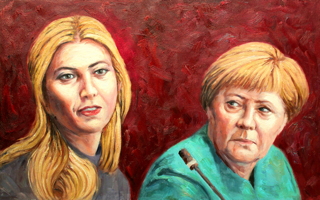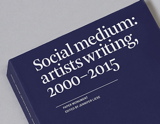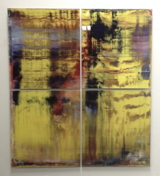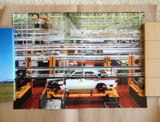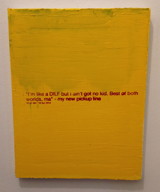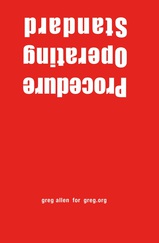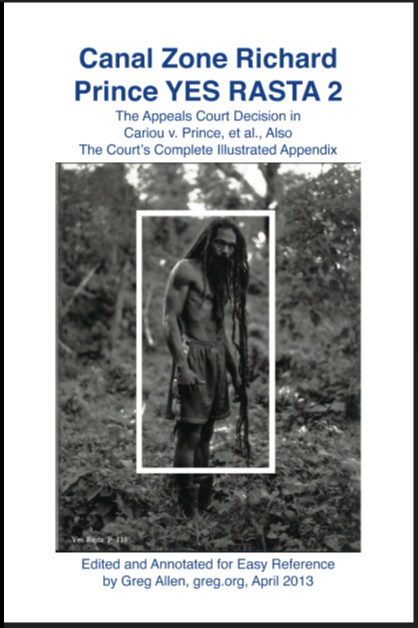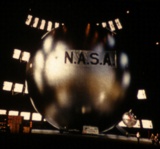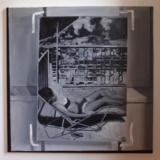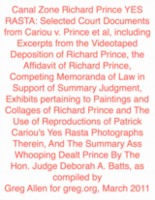Here is a PBS Newshour Q&A with Steven Tepper, discussing his research into why art--or the arts, really, since he looks at theater, libraries, music, too--triggers protests in some communities at some times and not others. He found that the protests are "always deeply rooted in local concerns.":
STEVEN TEPPER: I looked at 805 cases of conflict across 71 mid- to large-sized cities in America. When all was said and done, and I looked at all the various things that might correlate with the cities that the highest rates of protest over a four year period in the 1990s, it was the rate of immigration in the decade prior that most strongly determined whether a city was a high city or a low city in terms of its protests levels. Cities that had experienced rapid population changes, in particular if the percent of foreign born had grown significantly, those cities were the most contentious in the late 1990s. And the argument in the book is that when people feel unsettled by the rate of social change, when the things around them are changing fast -- economics, demographics, technology -- art becomes something that they fight over as a way to reassert their values, reassert a sense of who their community is and where they fit into their community, who's values still matter, what does a community look like going forward, and art becomes this amazing arena in which people negotiate their differences of opinions around the contours of their expressive lives together.Great, so now we know? And we don't have to read Tapper's new book, Not Here, Not Now, Not That! Protest Over Art and Culture in America? Except that reading the book may be the only way to get a handle on the "social changes" Tapper mentions. Because they frequently seem to involve race, religion, and gay.
And I assume that he sets aside the culture-war-style protests started by organizations or politicians to gin up support or fundraising, which do not always have a local impetus. [Though even as I think about the Smithsonian's "Hide/Seek" mess, the reality was, it was timed to disrupt the Congressional debate and coverage of the repeal of "Don't Ask, Don't Tell," so in a way, it was hyperlocal.]
tl;dw, reading the transcript is quicker: Conversation: Why Do Americans Protest Art? [pbs newshour]
Go ahead, buy: Not Here, Not Now, Not That! Protest Over Art and Culture in America [amazon]

